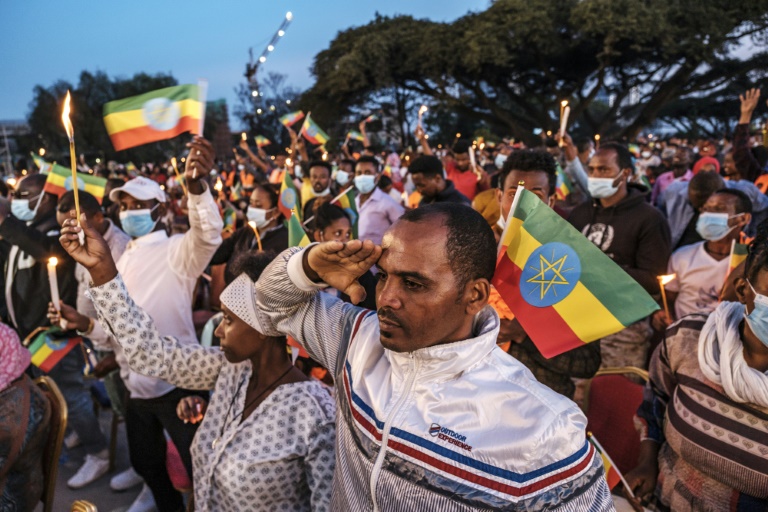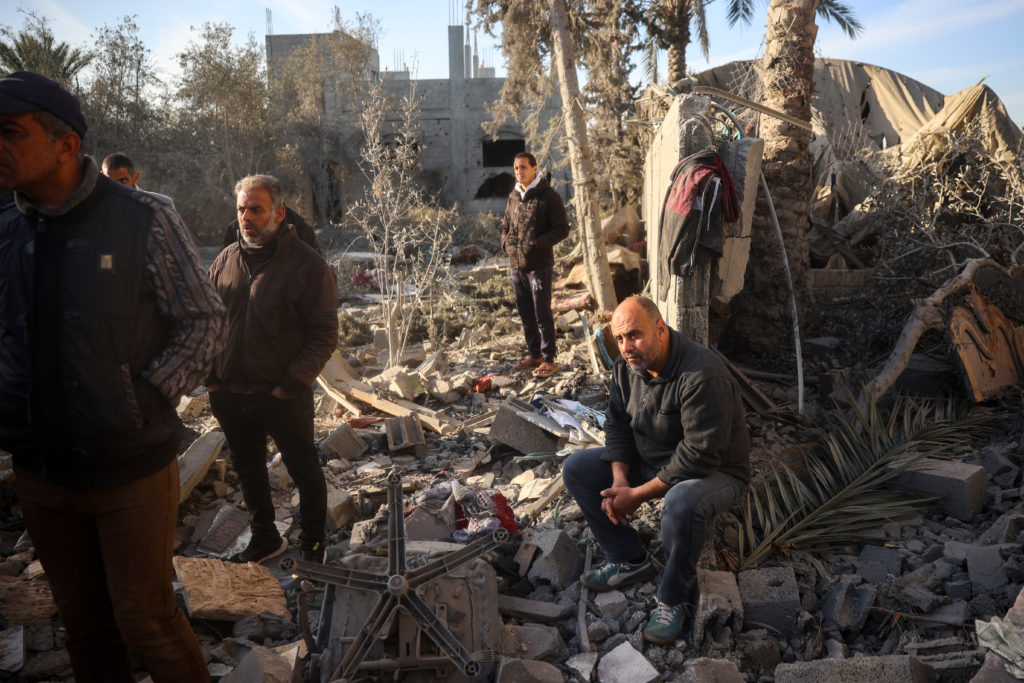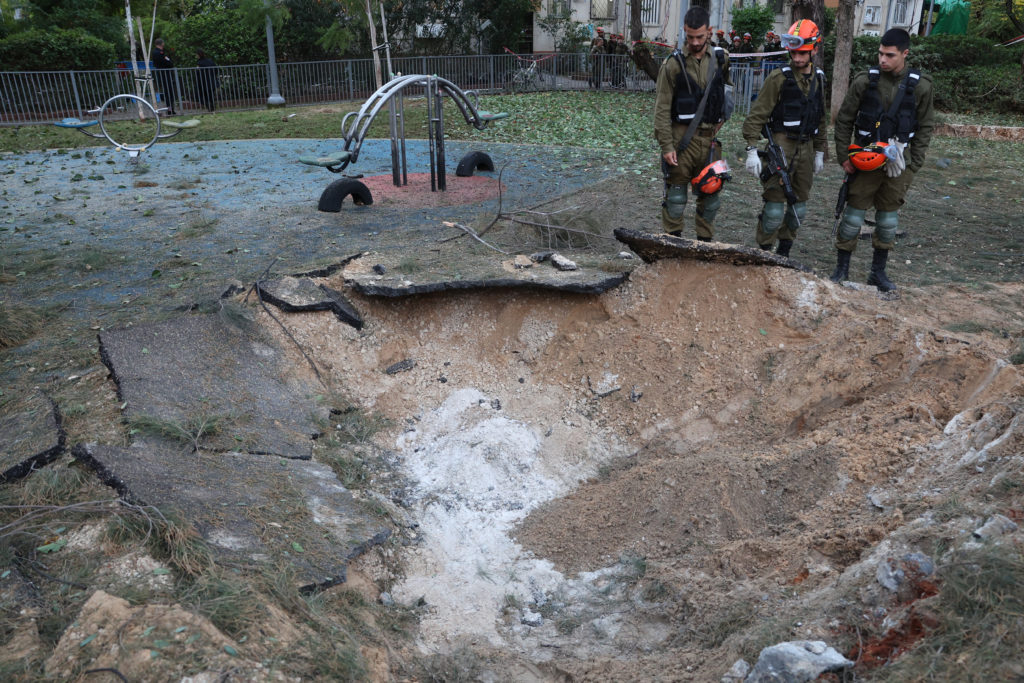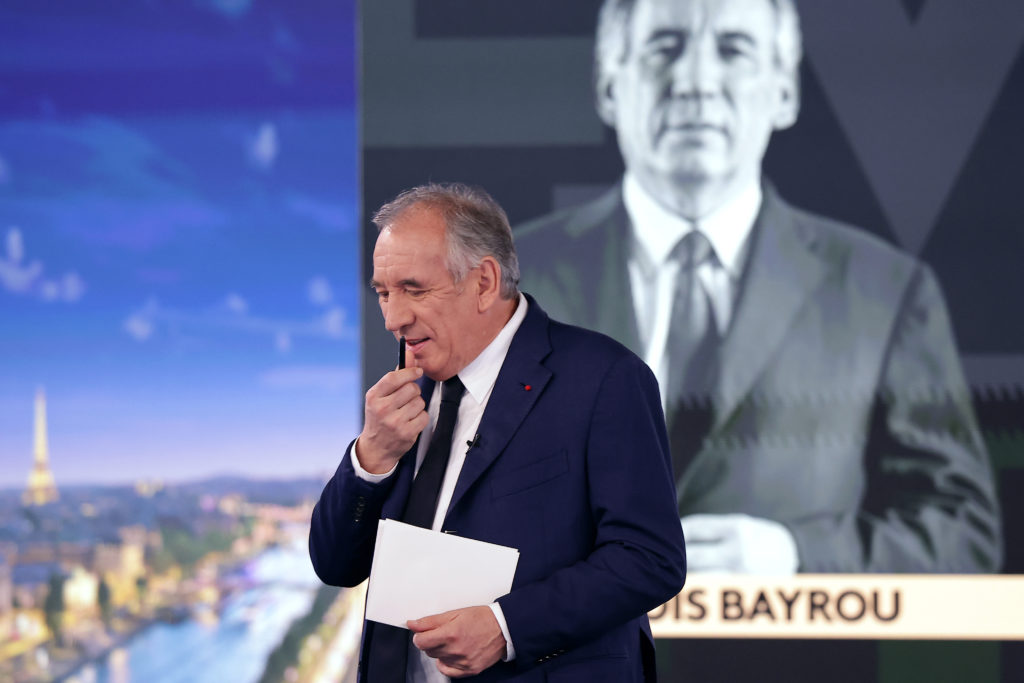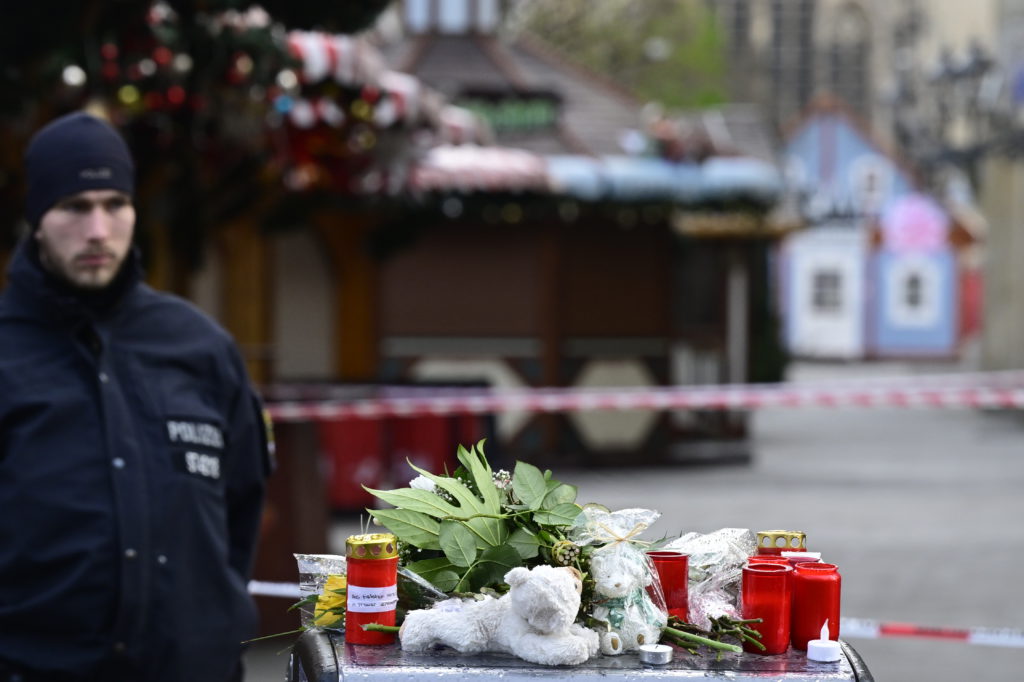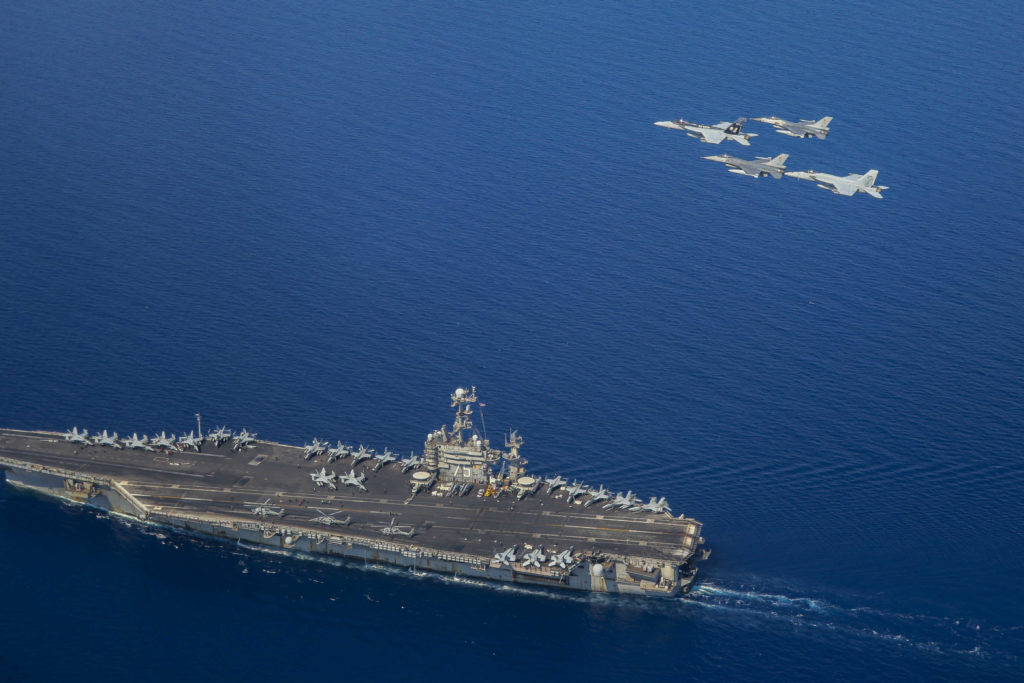Ethiopia must be ready to make “sacrifices” to “salvage” the country, Prime Minister Abiy Ahmed said Saturday, as fighting in the north intensifies between government forces and Tigrayan rebels who threaten to advance on the capital.
His announcement came a day after nine rebel groups said they would join forces in an alliance built around the Tigray People’s Liberation Front (TPLF), which has been locked in a year-long war against Abiy’s government.
TPLF representative Berhane Gebre-Christos said Friday the alliance aimed to “remove the regime,” as he signed the nine-party agreement in Washington.
Abiy then tweeted on Saturday that “there are sacrifices to be made, but those sacrifices will salvage Ethiopia.”
“We have seen the tests and obstacles and it made us stronger,” he said, adding: “We have more allies than the people who turned their backs on us.”
“For us, Ethiopians, dying for our sovereignty, unity and identity, is an honour. There is no Ethiopianism without sacrifice,” the government’s communication service said on Twitter.
– ‘Existential war’ –
Last weekend, the TPLF said it had taken two strategic cities in the region of Amhara, where its fighters had advanced after retaking their Tigray bastion in June.
It said Wednesday it had reached the town of Kemissie in Amhara, 325 kilometres (200 miles) northeast of the capital.
The TPLF added it was running “joint operations” with another rebel group, the Oromo Liberation Army, which predicted Addis Ababa could fall in a matter of weeks.
The Ethiopian government, which on Tuesday declared a nationwide emergency, has denied any major rebel advance or threat on the capital, vowing to press on to victory in “an existential war”.
Abiy’s spokeswoman Billene Seyoum on Friday accused the rebels of spinning “an alarmist narrative that is creating much tension among different communities, including the international community”.
“This information warfare and this propaganda that they have been propagating is giving a false sense of insecurity,” she added.
Faced with the recent escalation in fighting, the United Nations’ Security Council on Friday called for a ceasefire in a rare joint declaration on the issue.
But neither side has yet responded to requests for ceasefires and talks relayed by the US special envoy for the Horn of Africa, Jeffrey Feltman, who travelled to Addis Ababa.
Several embassies, including those of the United States, Saudi Arabia, Sweden and Norway, have urged their nationals to leave Ethiopia.
Abiy, winner of the 2019 Nobel Peace Prize, sent troops into Tigray in November 2020 to topple the TPLF, which he accused of having attacked military bases. Weeks later, he declared a victory.
By late June the rebels had retaken most of Tigray and expanded into the neighbouring regions of Afar and Amhara.
Thousands have been killed and at least 400,000 forced into famine-like conditions, according to the UN, warning of a humanitarian crisis.
– Twitter disables ‘trends’ –
The conflict has also exacerbated ethnic rivalries, in particular on social media where calls for war and hatred have been rife.
Twitter announced on Saturday that it had temporarily disabled its “trends” section — which groups the most viral tweets on a subject — for Ethiopia.
The social media giant said it was “focused on protecting the safety of the conversation on Twitter,” adding that “inciting violence or dehumanising people is against our rules”.
Facebook’s parent company Meta said Wednesday that it deleted a post by Abiy that called for Ethiopians to “bury” the rebels.
Tuesday’s declaration of a nationwide emergency triggered a wave of police operations.
Rights watchdog Amnesty International slammed the emergency measures, calling them “a blueprint for escalating human rights violations”.
Thousands of Tigrayans have been arrested since Tuesday, lawyers told AFP. The authorities said they are only targeting TPLF supporters.

